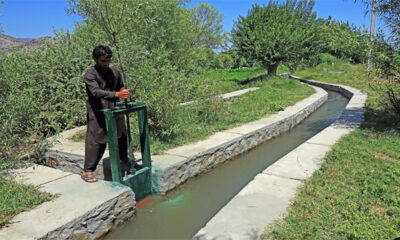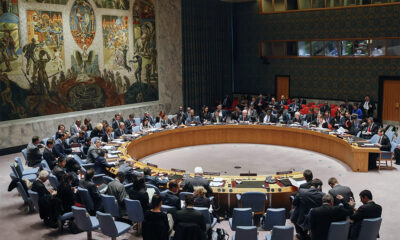Health
Italy commits €6 million to improve access to health care in Afghanistan

The Government of Italy has allocated €6 million to the World Health Organization (WHO) in Afghanistan to improve people’s access to health services in primary and secondary health care facilities in five provinces.
The provinces are Helmand, Kandahar, Nimroz, Zabul and Uruzgan.
While health care facilities across Afghanistan are closing or facing significant resource shortages, health needs are increasing rapidly, WHO said.
The complexity and severity of the ongoing humanitarian crisis in Afghanistan has increased the number of people in need of health assistance by 16%, from 24.3 million in 2022 to a projected 28.3 million in 2023.
Through the funding received from the Italian government, WHO will conduct life-saving health interventions at the primary and secondary levels in the southern region of the country to reduce avoidable deaths from disease.
“Italy’s contribution to Afghanistan is crucial for WHO to further strengthen primary and secondary health care services in vulnerable communities,” says Dr Luo Dapeng, WHO Representative in Afghanistan.
“This strategic support will also reinforce the preparedness and response capacities of public hospitals for future outbreaks and health emergencies.”
Natalia Quintavalle, Ambassador of Italy to Afghanistan, added, “We are strongly committed to further enhancing health care service delivery in under-served areas for the people of Afghanistan.”
She added that, “Italy is committed to working with WHO to enhance health care services and build a healthier future for all Afghans”.
With the funding from Italy, WHO will support 31 health facilities targeting more than 221 889 beneficiaries from the under-served population. These facilities are spread out across 25 districts and 31 main villages.
Moreover, WHO will ensure mainstreaming of gender equity and human rights dimensions across all activities. The focus will be on adopting an equitable approach that leaves no one behind to address multiple vulnerabilities based on gender, age, ethnicity and other social stratifications.
Health
Majority of Afghans with mental disorders are women: officials

Based on last year’s data, 52 percent of people with mental disorders in Afghanistan are women, the Ministry of Public Health said.
However, after the Islamic Emirate took over the country and with the improvement of nationwide security and the provision of better health services, mental disorders have decreased, the ministry said.
“Overall, the mental security of men and women in Afghanistan is not ensured and their mental security is disturbed. According to the figures shared with us, in 2023, 52 percent of the visitors for mental disorders were women,” said Sharaft Zaman Amarkhil, the spokesperson of the Ministry of Public Health.
“Generally speaking, we can say that compared to the past, the instances of mental illnesses have decreased,” he added.
People suffering mental disorders mostly refuse to share their problem, willingly or unwillingly.
“There are many problems at home; We are poor. I finished school, but didn’t find any job,” Ansar, a mentally ill person, said.
According to the World Health Organization (WHO), half of Afghanistan’s population suffers from mental distress.
Factors such as unemployment, poverty, domestic violence, ban on girls’ and women’s education and work, and drugs are said to be key contributors to mental distress.
Health
Over 1 million women in Afghanistan malnourished last year: WFP
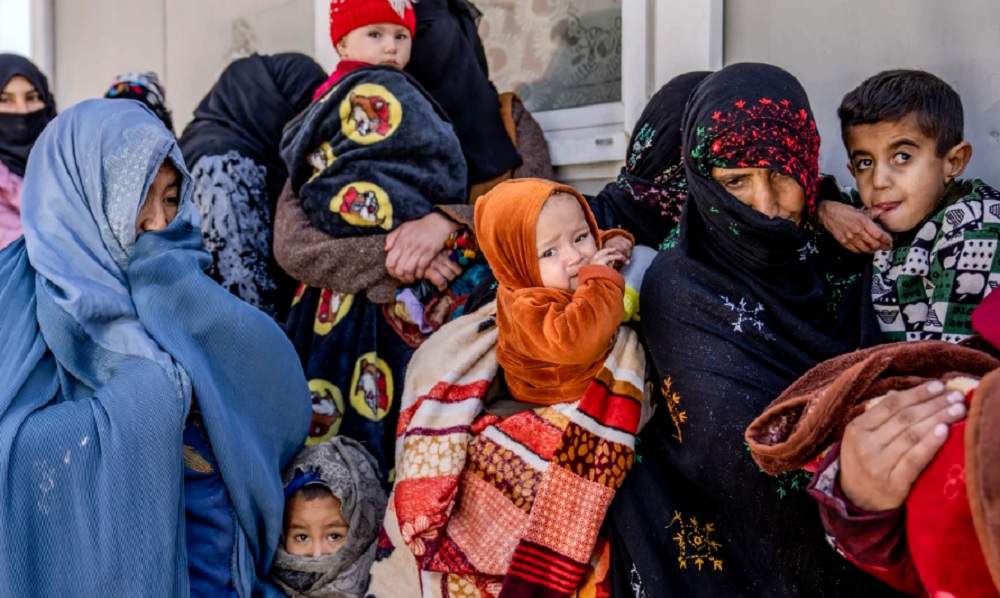
A total of 1.2 million women in Afghanistan were malnourished last year, the U.N. World Food Programme (WFP) said on Thursday.
Mona Shaikh, head of nutrition at WFP Afghanistan, said that the number of malnourished women is expected to increase this year.
On malnourished children, she said that their number will reach 3 million this year, but WFP will be able to assist only 1.6 million of them.
WFP warned that after foreign assistance cuts last year, it saw a rise in children’s admissions to malnutrition clinics in Afghanistan.
More than 23 million people are in need of humanitarian assistance in Afghanistan this year, according to the United Nations. Over half of them are children.
Health
Public Health minister meets with head of the UN refugees agency
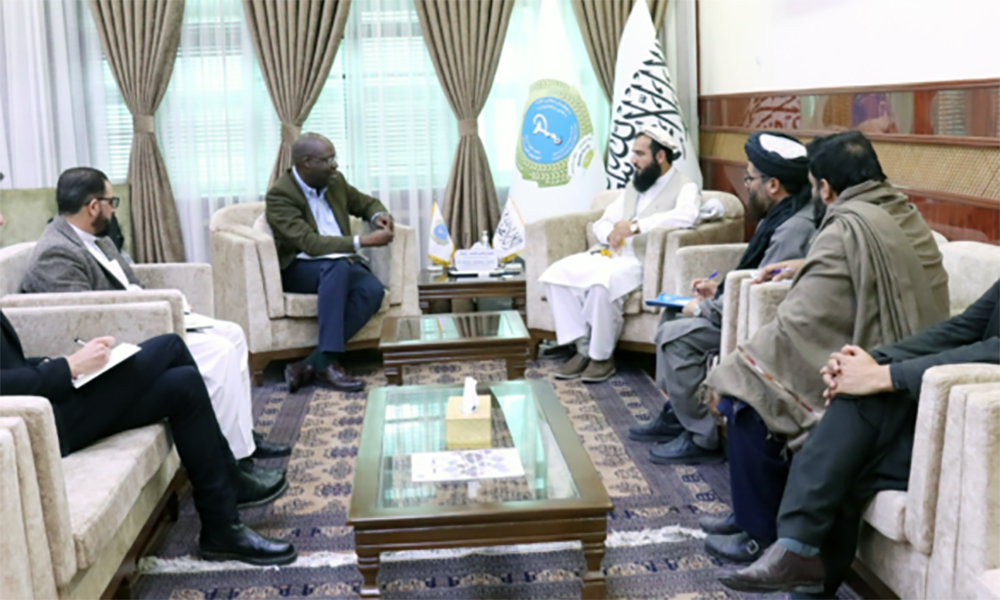
Dr. Qalandar Ebad, the Minister of Public Health met with Leonard Zulu, the head of the United Nations High Commissioner for Refugees, on Thursday in Kabul to discuss issues facing the health sector in the country.
Among the issues discussed was that of the establishment of new health centers for returnees in the country.
Ebad said the provision of better health services for compatriots and returnees was one of his priorities and requested the cooperation of this organization in this field.
Leonard Zulu assured Ebad of the organization’s continued cooperation.
-

 Sport4 days ago
Sport4 days agoACL draw to be broadcast live on ATN channels
-

 Regional4 days ago
Regional4 days agoIRGC chief warns of harsher response if Israel attacks Iran
-

 Regional4 days ago
Regional4 days agoIran launches retaliatory attack on Israel with hundreds of drones, missiles
-

 Sport3 days ago
Sport3 days agoACL fever grows as fixtures finalized
-

 Latest News4 days ago
Latest News4 days agoContact group on Afghanistan hits roadblock over Pakistan’s gripe with India
-

 Sport4 days ago
Sport4 days agoHetmyer powers Rajasthan win in low-scoring IPL thriller
-
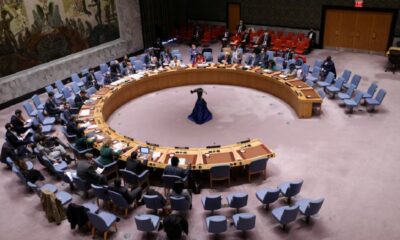
 World4 days ago
World4 days agoUN Security Council to meet Sunday on Iran attack
-

 World3 days ago
World3 days agoUS will not take part in any Israeli retaliatory action against Iran








